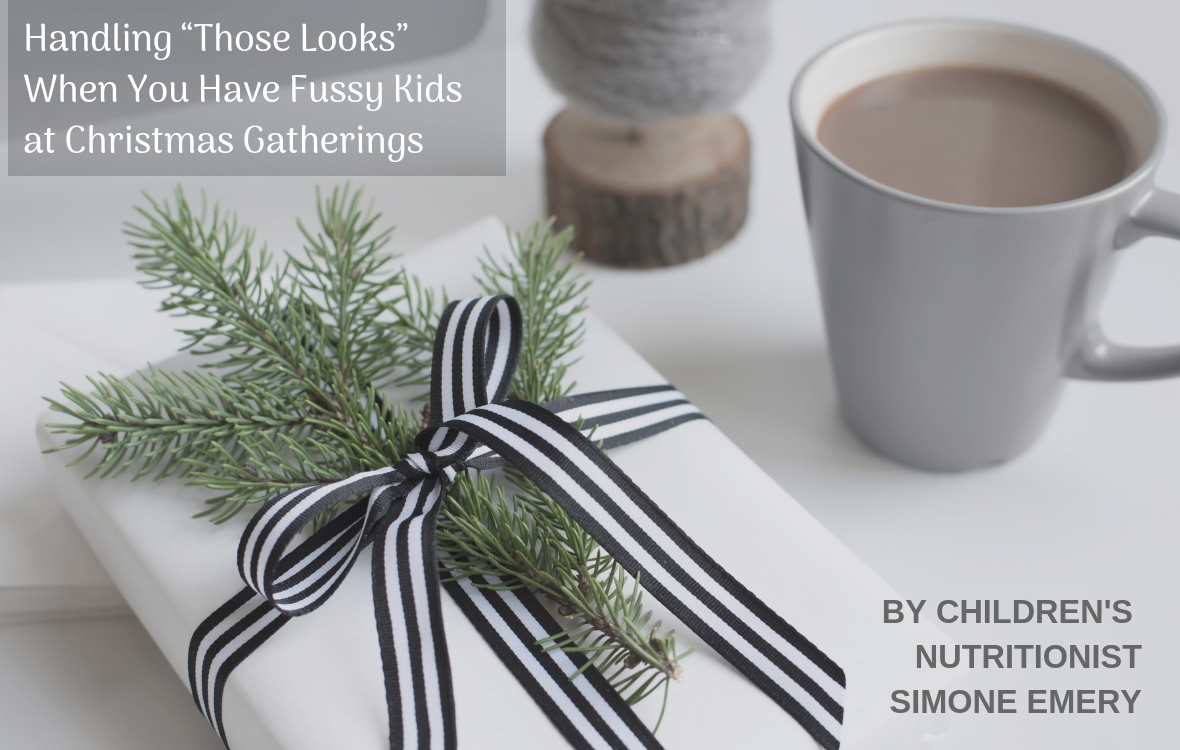Shockingly, almost 50% of children who are being sexually abused will celebrate Christmas lunch this year with their abuser.
Whilst this statistic might seem hard to believe, childhood sexual abuse statistics indicate that approximately 90% of victims will know their abuser, with approximately 45% being abused by a parent, step-parent, grandparent, sibling, cousin, aunty or uncle – all people who are likely to be attending Christmas lunch!
Whilst you may be thinking that this isn’t relevant to your family the truth is that childhood sexual abuse cuts across all demographics, cultures and socioeconomic groups in Australia. Sadly, statistics on the Australian Institute of Criminology’s website reflect that 2 girls and 1 boy in every primary school class will report being abused by the time their 15 years of age (and as so much abuse goes unreported, we know this is just the tip of the iceberg). Consequently, it is imperative that all parents take the time to educate their kids with the knowledge that their body is private and that they have a right to protect their privacy.
Unfortunately, simply telling your kids that their body is private is not enough. If you truly want to empower them, then it’s vital that you provide your kids with some specific situations that predators might use (during the grooming process). For instance, it is not ok if someone calls it a game, if someone gives them gifts or treats, for someone to take a photograph of their private parts or to show them images of private parts on any sort of device or screen. It is also important to empower our kids to say no, whenever someone’s touch doesn’t feel right. For instance, “it might be a kiss, or maybe a cuddle or stroking their body when having a snuggle”. Help them to understand how their body might react when something doesn’t feel right – it might be butterflies in their tummy, a racing heart, feeling sick, wobbly or stuck legs or needing to go to the toilet.
Remember to always use correct anatomical terms to identify your children’s private parts and teach them that abuse is never a secret, no matter what the perpetrator says. It is also vital that children understand that that inappropriate behaviour can never be justified – no matter if the person is a family member, a friend, a stranger, an adult, a young person or a peer and no matter their job or status is in the community. Finally, ensure that your child understands that nothing is ever so awful that they can’t tell you about it and that they must always disclose if someone does the wrong thing.
For further information about having protective behaviour conversations go to www.onlyforme.com.au or check out my previous blogs.
You may also like to read:
What to do when your child tells you they are being bullied?






